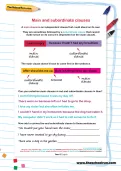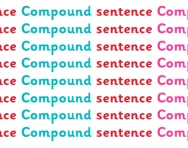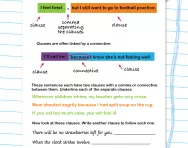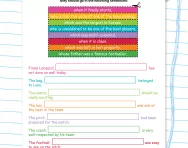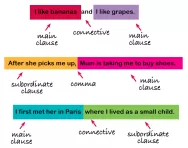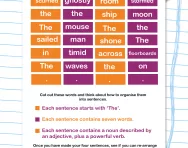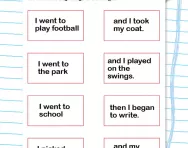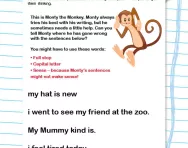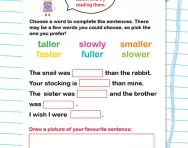TheSchoolRun.com closure date
As we informed you a few months ago, TheSchoolRun has had to make the difficult decision to close due to financial pressures and the company has now ceased trading. We had hoped to keep our content available through a partnership with another educational provider, but this provider has since withdrawn from the agreement.
As a result, we now have to permanently close TheSchoolRun.com. However, to give subscribers time to download any content they’d like to keep, we will keep the website open until 31st July 2025. After this date, the site will be taken down and there will be no further access to any resources. We strongly encourage you to download and save any resources you think you may want to use in the future.
In particular, we suggest downloading:
- Learning packs
- All the worksheets from the 11+ programme, if you are following this with your child
- Complete Learning Journey programmes (the packs below include all 40 worksheets for each programme)
You should already have received 16 primary school eBooks (worth £108.84) to download and keep. If you haven’t received these, please contact us at [email protected] before 31st July 2025, and we will send them to you.
We are very sorry that there is no way to continue offering access to resources and sincerely apologise for the inconvenience caused.
Main and subordinate clauses
What is a main clause in KS2 English?
Think of a main clause as the main building block of a sentence.
A main clause has a subject and verb.
When you put these together, you get a complete sentence that can stand on its own.
What are examples of main clauses?
Here are some examples of main clauses:
The dog barked.
The sun shines brightly.
I like ice cream.
The birds chirp in the morning.
What is a subordinate clause?
A subordinate clause is like a helper in a sentence. It's a group of words that has a subject and a verb but can't stand alone as a complete sentence. Instead, it relies on the main clause to make sense.
What are some examples of subordinate clauses?
Here are some examples of subordinate clauses:
When the bell rings, I'll go home.
While I'm at work, my husband takes care of the kids.
Before the movie starts, we'll grab some popcorn.
How will this KS2 worksheet about main and subordinate clauses help your child?
This teacher-created resource was designed to help teach your child about main and subordinate clauses, with easy-to-understand explanations and examples. Your child will need to put their learning into action with the questions and check their answers after.
For more support with primary-school English, check out our hub page, or try a new challenge such as our Using relative clauses worksheet.
